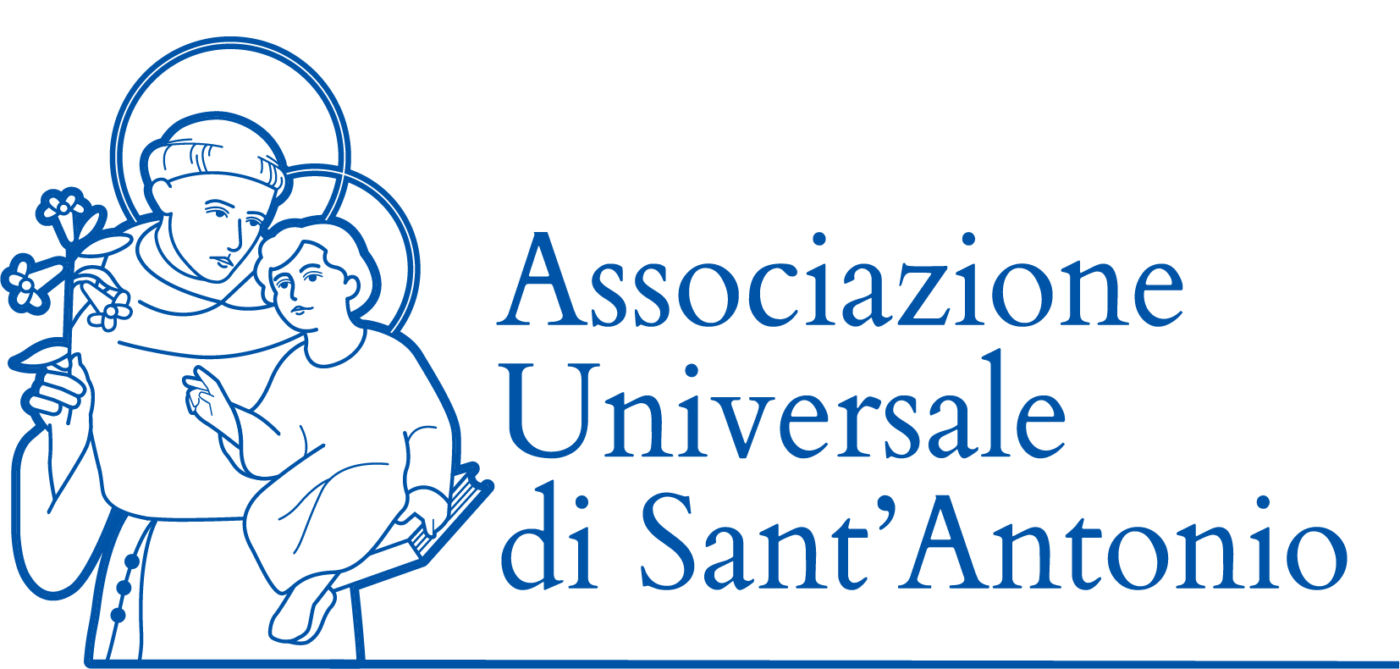By Adriana Masotti
Cardinal Pietro Parolin, Secretary of State, conveyed the cordial greetings of Pope Francis to the president of Italy's Liturgical Action Center, Archbishop Claudio Maniago of Catanzaro-Squillace, and to all the participants involved. He said the theme they are discussing - 'Ministries at the Service of a Synodal Church' - "holds particular significance for the Church in the present historical moment." Cardinal Parolin recalled the Pope's words regarding the Synodal path the Church has undertaken and the need to become "experts in the art of encounter," and available to help each other "so that the diversity of charisms, vocations and ministries enriches us."
The study days that have just started have brought together bishops, priests, deacons, religious men and women, and numerous lay people. Cardinal Parolin said, "The Holy Father's hope is that this meeting of experts in the field, which places itself at the service of the pastoral care of the Church in Italy (...) will contribute to the theological-liturgical-pastoral understanding of the ministerial reality, opening perspectives for pastoral discernment by the ecclesial community."
Steps of the Magisterium on 'ministeriality'
Cardinal Parolin then recalled various contributions of the Papal Magisterium regarding ministeriality such as the motu proprio Ministeria quaedam 50 years ago when "St. Paul VI revised the entire area of minor orders, preserving those of the Lector and Acolyte as instituted ministries, and no longer considered as reserved to candidates for the Sacrament of Holy Orders." Precisely from this document, Cardinal Parolin explained, the Liturgical Action Center "rightly proposes a reflection on the liturgical animation of the entire People of God." He said the Pope looks at the renewal of the Church in an increasingly "communal" and less clerical direction.
With the motu proprio Spiritus Domini, Pope Francis overcomes the constraint that excluded women from access to the first two ministries, while with the motu proprio Antiquum Ministerium, he gives the Church "the role of the instituted ministry of the Catechist." It is on this track of deepening a diversified "ministeriality" that the meeting is based, Cardinal Parolin continued, always recalling that every ministry in the Church must be inspired by the spirit of service as lived by Jesus. He said these discussions offer an opportunity to assess the contribution that has been made to ecclesial life and the promotion of these same ministries.
The importance of lay people and their role
A Church understood as a "mystery of communion," Cardinal Parolin observed, sheds greater light on the role of the laity, making it a matter of "fostering in the lay faithful a clearer awareness of their vocation which is expressed in a plurality of duties." But he warned that "in dealing with these issues, we must be careful not to confuse the universal priesthood and the ministerial priesthood, arbitrarily interpreting the concept of 'substitution,' 'clericalizing,' and thus risking the creation of a de facto ecclesial structure of service parallel to that founded on the Sacrament of Holy Orders."
Cardinal Parolin concluded the message by assuring all participants in the Conference, which concludes on Thursday, of Pope Francis' prayers and blessing, adding his own hopes for every success with this "important pastoral initiative."
VaticanNews


 Italiano
Italiano Français
Français